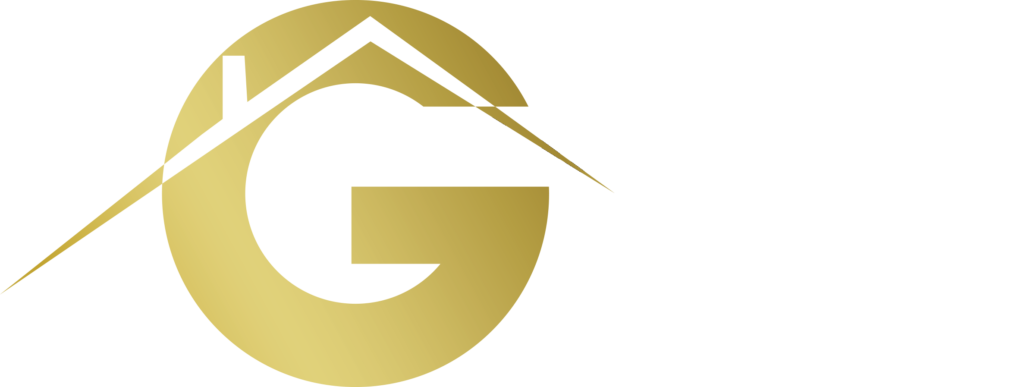Loan Option
FIXED RATE MORTGAGE
With a fixed rate mortgage, the interest rate does not change for the term of the loan; the monthly payment is always the same. Typically, the shorter the loan period, the more attractive the interest rate will be.
Payments on fixed-rate fully amortizing loans are calculated so that the loan is paid in full at the end of the term. In the early amortization period of the mortgage, a large percentage of the monthly payment pays the interest on the loan. As the mortgage is paid down, more of the monthly payment is applied toward the principal.
A 30 year fixed rate mortgage is the most popular type of loan when borrowers are able to lock into a low rate.
Benefits:
- Lower monthly payments than a 15 year fixed rate mortgage
- Interest rate does not go up
- Payment does not go up; it stays the same for 30 years
Drawbacks:
- Higher interest rate than a 15 year fixed rate mortgage
- Interest rate stays the same even if interest rates go down
A 15 year fixed rate mortgage allows you to pay off your loan quicker and lock into an attractive lower interest rate.
Benefits:
- Lower interest rate
. Build equity faster
- If interest rates go up, yours is fixed
Drawbacks:
- Higher monthly payment stays the same if interest rates go down
- Interest rate stays the same even if interest rates go down
CONFORMING LOANS
Conforming loans are conventional loans that meet bank-funding criteria set by Fannie Mae and Freddie Mac. Both of these stock-holding companies buy mortgage loans from lending institutions and secure them for resale to the investment community. Every year, form October to October, Fannie Mae and Freddie Mac establish limits on what constitutes a conforming loan in a mean home price.
Buying back mortgage loans allow these agencies to provide a continuous flow of affordable funding to banks that reinvest their money back into more mortgage loans. Fannie Mae and Freddie Mac only buy loans that are conforming, to repackage into the secondary market – effectively decreasing the demand for non-conforming loans.
Conforming Loan Limits:
Number of Units
Maximum original principal balance:
- $417,000
- $625,500
NOTE: The conforming loan limit in Alaska, Hawaii, Guam and the Virgin Islands is 50% higher.
FHA LOANS
FHA mortgage loans are issued by federally qualified lenders and insured by the U.S. Federal Housing Authority, a division of the U.S. Department of Housing and Urban Development.
FHA loans are an attractive option, especially for first-time homeowners:
- Generally easier to qualify for than conventional loans.
- Lower down payment requirements.
- Cannot exceed statutory loan limits.
VA LOAN
Designed to offer long-term financing to American Veterans, VA mortgage loans are issued by federally qualified lenders and are guaranteed by the U.S. Veterans Administration. The VA determines eligibility and issues a certificate to qualifying applicants to submit to their mortgage lender of choice. It is generally easier to qualify for a VA loan than conventional loans.
Here’s how it works:
- 100% financing without private mortgage insurance or 20% second mortgage.
- A VA funding fee of 0 to 3.3% (this fee may be financed) of the loan amount is paid to the VA.
- When purchasing a home, veterans may borrow up to 100% of the sales price or reasonable value of the home, whichever is less.
- When refinancing a home, veterans may borrow up to 90% of reasonable value in order to refinance where state law allows.
Apply for a VA Loan with a VA Qualified Lender.
STATE AND LOCAL HOUSING PROGRAMS
Many state, county and local government programs offer financing for qualifying low-to-moderate income families wishing to purchase their first home. Loan assistance programs like Mortgage Credit Certificate (MCC) offer a partial tax credit for interest on the loan.
These programs typically offer:
- More relaxed qualifying guidelines
- Lower upfront fees
- Lower interest rate
- Fixed rate
JUMBO LOANS
Jumbo Loans exceed the maximum loan amounts established by Fannie Mae and Freddie Mac conventional loan limits. Rates on jumbo loans are typically higher than conforming loans. Jumbo Loans are typically used to buy more expensive homes and high-end custom construction homes, and usually require a higher down payment than traditional loans.
B/C LOANS
B/C Loans do not meet the credit requirements of Fannie Mae and Freddie Mac. They are known as B, C and D paper loans. Loan applicants typically have a bad credit history, have filed for bankruptcy, or have had a property in foreclosure.
B/C Loans are often issued as temporary loans until the applicant can restore credit and qualify for conforming “A” loans. Interest rates on B/C Loans are generally higher than for conforming “A” loans.
CONVENTIONAL LOANS
Conventional loans are mortgage loans offered by non-government sponsored lenders. These loan types include:
- Fixed Rate Loans
- Balloon Mortgages and Pledge Asset Loans
- Jumbo / Construction Loans
- Reverse Mortgage


